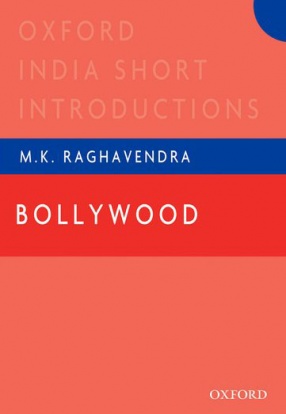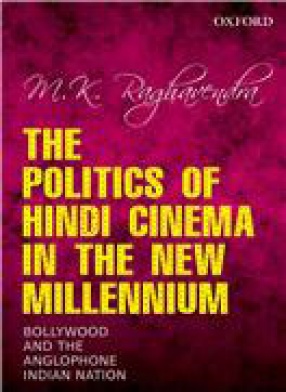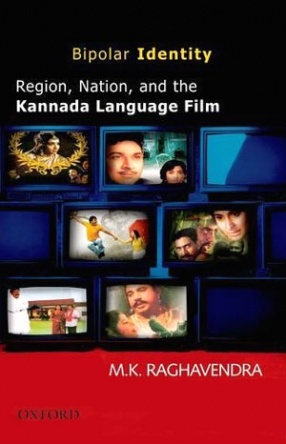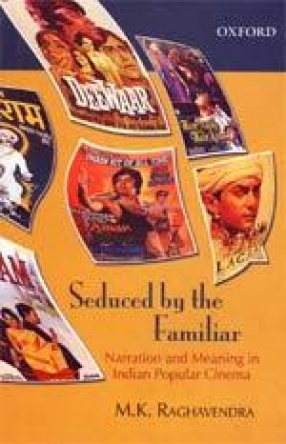
Showing all 6 books




While 'Indian popular cinema', as if by default, has come to mean Bollywood, there are other cinemas in India which are at least as rewarding to study, the largest and perhaps most intriguing among them coming from South India. Tamil, Malayalam, Telugu and Kannada cinemas have their own colourful histories, megastars and political trajectories.
This anthology is an attempt to do justice to the bewildering variety there is in the body as a whole and addresses this ...

Awaara, Sholay, Deewar, Hum Apke Hain Koun..!, 3 Idiots. The success stories of these cult films are not only well known, but have also benchmarked a specific kind of cinema that exerts a far-reaching appeal.
Often misunderstood to represent all Hindi cinema, Bollywood, as a distinct industry operating within Indian cinema, has not received due attention. Replete with its own set of motifs, plot devices, tropes, and even themes, much of what is produced shares ...

Popular Hindi cinema metamorphosed unrecognizably in the new millennium. An expanding urban middle-class viewer base, ever growing in its Anglophone cultural absorption, fuelled the multiplex boom at home. A slew of popular movies in tune with the sensitivities of the diasporic Indians came to define 'Bollywood' as a powerful global brand and a lifestyle banner. Another kind of mainstream cinema emerged in opposition to the dominant 'elitist' presence, a cinema ...

The first comprehensive inquiry into the origin and growth of regional language cinema in India, this book traces the development of Kannada cinema from the 1940s to the new millennium.Focusing on the role regional language cinema plays, the book examines the conflict between the ‘region’ and the ‘nation’ in the regional consciousness. Raghavendra traces the shape of Kannada cinema to its origins in a princely state under indirect British ...


Seduced by the familiar looks at contemporary social history from the perspective of popular Indian cinema. M.K. Raghavendra interprets a wide range of films -including sant Tukaram (1936), Baazi (1951), Sangam (1964), Sholay (1975), Huma Aapke Hain Kaun...! (1994), and the recent Kabhi Alvida Na Kahna (2006) -in the context of events like colonial rule, Independence, the Indo-Chinese War, the political conduct of Indira Gandhi, and the economic libralization ...
